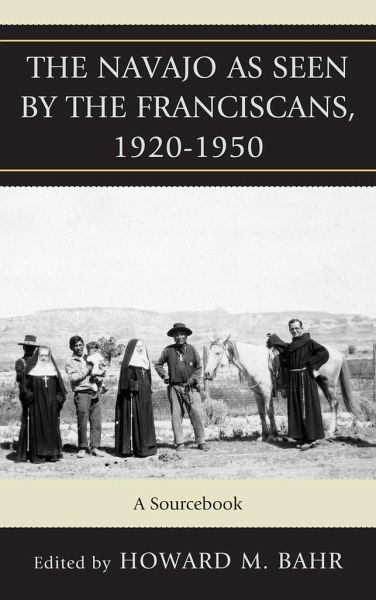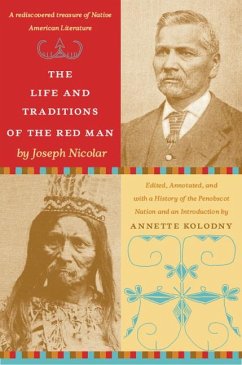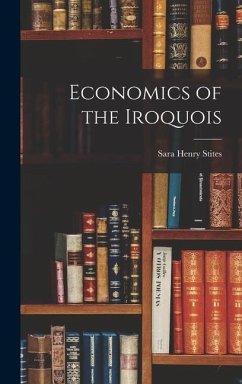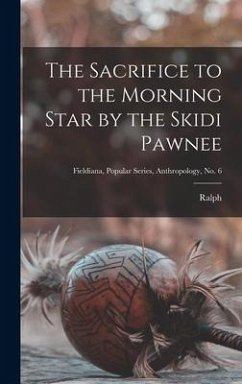Nicht lieferbar

The Navajo as Seen by the Franciscans, 1920-1950
A Sourcebook
Versandkostenfrei!
Nicht lieferbar
Continuing where the author's previous volume left off, this book picks up the story of one of the great cultural confluences in American history. It reflects, from the standpoint of the Franciscan missionaries, the joining of two starkly different ways of life. The texts created by the Franciscans and their associates in the course of their labors, constitute a seldom-quoted, little-read, generally difficult-to-access literature of enormous importance to the history of Navajo-white relations. Their writings to each other, whether published in mission journals or preserved in their corresponde...
Continuing where the author's previous volume left off, this book picks up the story of one of the great cultural confluences in American history. It reflects, from the standpoint of the Franciscan missionaries, the joining of two starkly different ways of life. The texts created by the Franciscans and their associates in the course of their labors, constitute a seldom-quoted, little-read, generally difficult-to-access literature of enormous importance to the history of Navajo-white relations. Their writings to each other, whether published in mission journals or preserved in their correspondence, present an intimate view of Navajo life as observed by missionaries dedicated to serving the Navajo, burying their dead, serving as their advocates with the institutions of white America, teaching their children, and trying themselves to learn the Navajo language.










